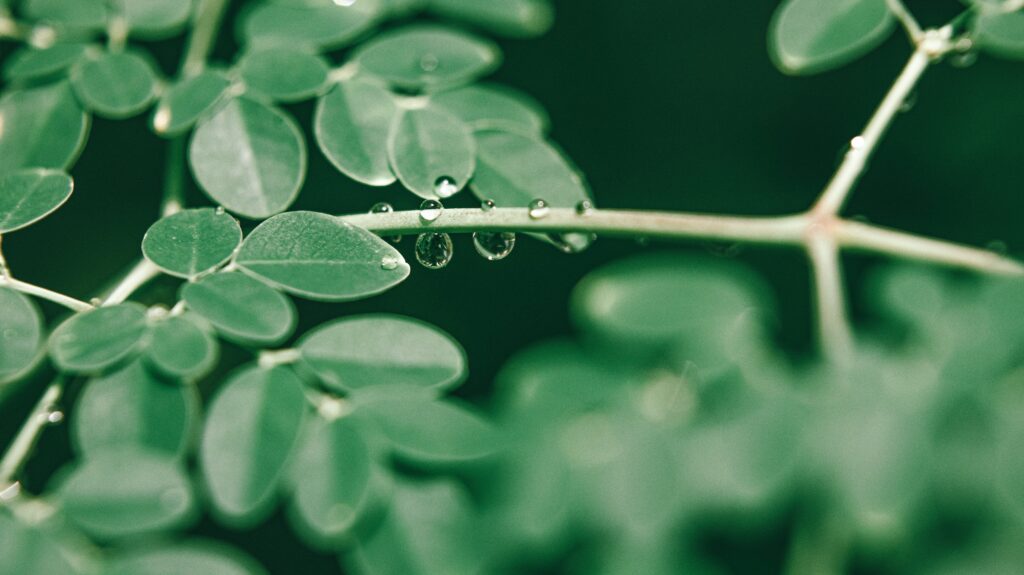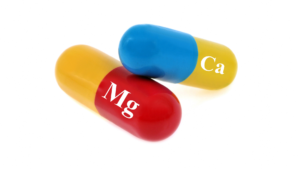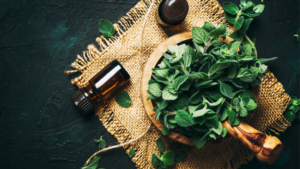
The Miracles of Moringa: A Nutrient-Packed Superfood
Moringa oleifera, commonly known as the drumstick tree or horseradish tree, is a fast-growing tree native to India, Pakistan, Bangladesh and Afghanistan. For centuries, it has been used in traditional medicine to treat over 300 conditions. Recently, moringa has been gaining popularity in the West as a nutrient-dense superfood with powerful health benefits.
What Makes Moringa a Superfood?
Moringa leaves are loaded with vitamins, minerals, antioxidants and other beneficial plant compounds. Ounce for ounce, moringa contains:
- 7 times the vitamin C of oranges
- 4 times the vitamin A of carrots
- 4 times the calcium of milk
- 3 times the potassium of bananas
- 2 times the protein of yogurt
The leaves are also a rich source of antioxidants like quercetin and chlorogenic acid. These compounds fight free radical damage and inflammation in the body.
Some of the many health benefits of moringa include:
- Supports heart health – The antioxidants in moringa help lower cholesterol and blood pressure. The high nutrient content also prevents plaque formation in arteries.
- Regulates blood sugar – Compounds in moringa help stabilize blood sugar levels, making it beneficial for diabetics. Studies show it can even lower HbA1c values.
- Protects the liver – The high concentration of polyphenols helps shield the liver from toxins and oxidative stress. Moringa has been shown to reverse liver damage in animal studies.
- Reduces inflammation – Isoflavones, caffeoylquinic acids and other anti-inflammatory compounds in moringa leaves help reduce inflammation throughout the body.
- Boosts immunity – With its high concentration of vitamins A, C and E, moringa provides a powerful immunity boost and increased resistance to infections.
- Promotes weight loss – The fiber and nutrients in moringa leaves help curb cravings and increase feelings of fullness. This promotes healthy weight loss.
How is Moringa Used?
Moringa leaves, flowers, seeds, pods and roots are all edible and utilized in many ways:
- Dried or powdered leaves are excellent supplements that can be added to smoothies, yogurt, oatmeal and soups. The powder has a slightly earthy, spinach-like taste.
- Moringa tea is a refreshing, caffeine-free alternative to traditional black or green tea. It has a bold, slightly woody taste.
- Moringa oil made from the seeds is used for cooking and cosmetic purposes. The oil resists rancidity and also contains powerful antimicrobial and anti-inflammatory properties.
- Fresh moringa leaves are a staple ingredient in many Southeast Asian and Indian cuisines. The young seed pods, known as drumsticks, are prepared similar to green beans and have a taste reminiscent of asparagus.
- Due to its ability to purify water, moringa has been used to treat water sources in impoverished villages, removing impurities and harmful bacteria.
With its stellar nutritional profile and broad range of medicinal uses, it’s no wonder why moringa is considered a true superfood. It’s versatility in cooking along with its many health benefits make it worthy of a permanent place in any kitchen. Try adding moringa to your normal routine and see the wonderful impacts it can have on your overall wellbeing.




It’s perfect time to make a few plans for the long run and it’s time to be happy.
I’ve read this post and if I could I want to recommend you some attention-grabbing things
or tips. Maybe you can write next articles relating to this article.
I desire to read even more things approximately it!